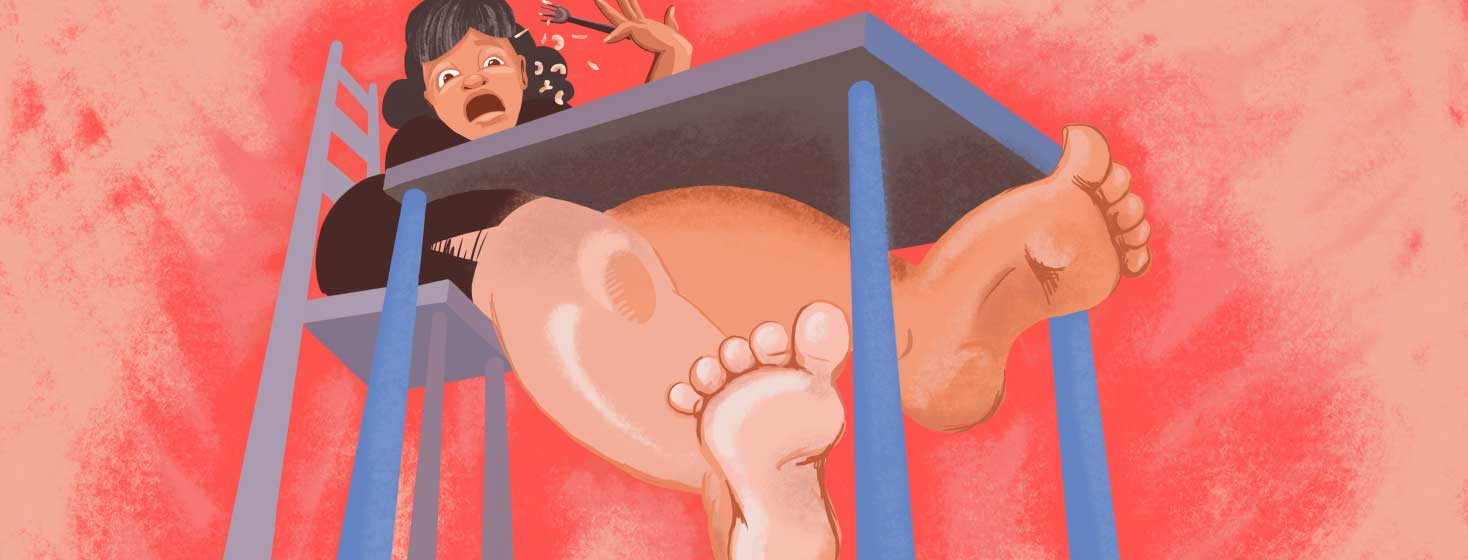Salt During the Holidays
As the holidays are coming upon, it’s a good time to talk about sodium and fluid retention. Salt is a challenge for anyone with heart failure because it causes the body to hold onto water like a sponge, and extra fluid makes the heart work harder.
Shifting diets
Whereas pre-diagnoses you could eat saltier foods occasionally because your heart had the extra bandwidth to deal with the additional fluid, heart failure means your heart has a limited pumping capability. This is why many treatment plans for heart failure include a sodium-restricted diet, as well fluid restrictions. Everyone seems to want us ‘dry.’
Sticking with our plan
I understand that it’s tough being surrounded by food prepared by others (who do not have sodium restriction), and it can be thus hard to stick with our medically restricted diets. And let’s face it, most good food contains salt. So it’s a good time to talk about fluid retention. Since heart failure can also cause weight gain, it can be hard to figure out what is fluid and what is fat. This is particularly true for new heart failure patients.
As a disclaimer though, our bodies do not care whether it is a holiday and the impacts of sodium remain the same. It is important to stick with our diets and medical guidelines whether it’s a holiday or not.
Fluid build up
So, while I’ve heard of people saying fluid can accumulate in arms, fluid tends to flow towards your feet due to gravity. Many people thus complain of fluid buildup in their feet, ankles, calf, thighs, and abdomen. If you are a younger heart failure patient like myself, you will most likely see fluid in your abdomen due to collagen. I have found that for me.
Fluid also tends to build up all around your body. For example, should you be someone who gains fluid around your abdomen, you would see a bulge at your sides in addition to the front. Fluid can also feel ‘harder’ than body fat and skin can seem stretched.
Weight gain is another way to assess fluid buildup. While it seems incredible, it is also very possible to gain a few pounds overnight because of fluid. Look back to my comments on salt!
Working with your doctor
It is important to listen to your doctor on when to call in. Typically your doctor will give you guidelines about weight gain over the course of a night and week. Listen and take note. It’s also good to save the after-hours number on your phone because if you are not feeling well the last thing you want to do is dig through paperwork.
More signs of fluid retention
Edema is another telltale sign. It’s when if you press your finger it leaves an indent. It’s not the same as pressing your finger and seeing the fingerprint.
Lastly, fluid retention has symptoms other than the fluid itself. The obvious one is you are not expelling as much fluid as you are taking in. The solution is NOT to stop drinking! Your kidneys need hydration, so abide by the minimum AND maximum if you have been given fluid restrictions.
Another sign of fluid retention is a lack of urination. Are you urinating like you normally would? Are you going as often and do you have a regular flow? Another symptom of fluid retention is fatigue, as well as any other symptoms of heart failure like breathlessness and dizziness/lightheadedness.
Try your best
Personally, my first Thanksgiving after diagnoses I literally laid in bed and slept all the following week. I also felt like I was hungover with ‘the spins’ even when I hadn’t had a sip of alcohol. Driving back home from Boston with my parents was nauseating when the drive out to Boston had been easy. I was so, so, confused and miserable as I languished in bed.
A friend told me I must have been tired from the travel. HA! If you feel ‘off’ after the holidays, call your doctor. Before the holidays realize that the extra salt will have an impact. Have a game plan. Try your best to manage it, and continue to monitor your weight. Your heart AND your kidneys will appreciate it!

Join the conversation